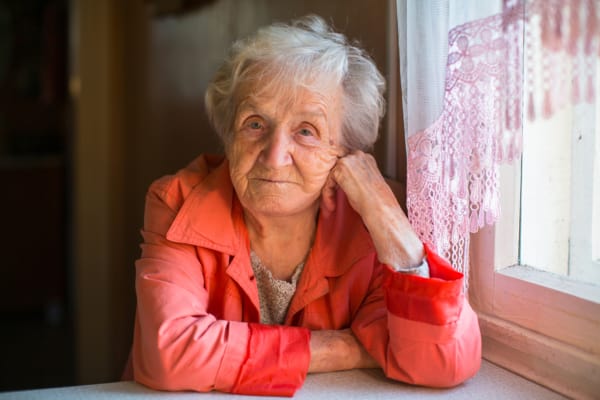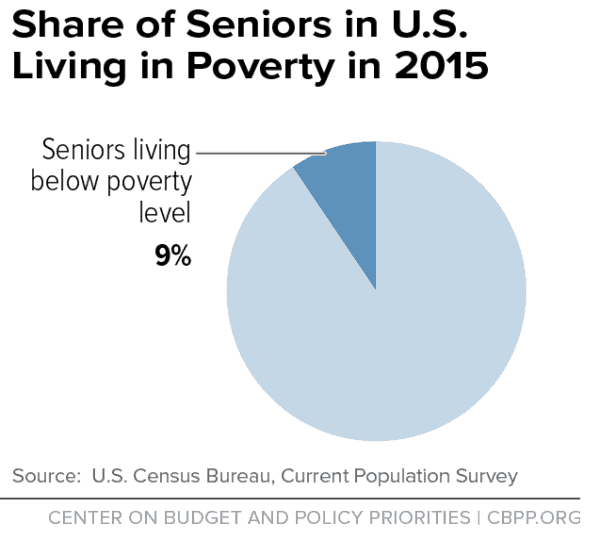
While the government shutdown has not affected Social Security or Medicare, low income seniors receiving food assistance remain at risk. Some five million older Americans receive grocery vouchers from the Supplemental Nutrition Assistance Program (SNAP), which is funded by the U.S. Department of Agriculture (USDA) and administered by the states.
USDA is one of the federal agencies affected by the government shutdown. Fortunately, January’s SNAP benefits were paid, and the agency issued February’s payments ten days early before it officially ran out of funding last weekend. But this leaves all SNAP beneficiaries – including low income seniors – in a bind for two reasons.
First, if the government shutdown continues indefinitely, USDA will likely not be able to pay March’s benefits. Second, even if the government reopens soon, SNAP recipients will have to stretch the early February payment over a period of at least 40 days until the beginning of March. For some beneficiaries, the gap may be longer. As the Center for Budget and Policy Priorities explains:
“Given the experience of the strain on low-income households’ budgets and community resources under normal SNAP issuance patterns — when the gap between SNAP issuances is no more than 31 days — stretching that gap to 40 to 50 days or longer could create substantial hardship and hunger and sharply increase demand for local emergency food providers and other community social services providers.” – Center for Budget and Policy Priorities, 1/22/19
Business Insider observes that “the early allocation of funds means recipients will have to carefully budget the money in order for it to last until March, and possibly longer.” SNAP households are no doubt used to managing tight budgets, but the burden could be especially difficult for seniors living on their own. (Only one in four seniors receiving SNAP benefits live with family members.)
 Food insecurity, which Merriam Webster defines as “unable to consistently access or afford adequate food,” can be a life and death issue for low-income seniors.
Food insecurity, which Merriam Webster defines as “unable to consistently access or afford adequate food,” can be a life and death issue for low-income seniors.
“Research indicates that food-insecure seniors have less nutritious diets, have worse health outcomes, and are at higher risk for depression than food-secure seniors. Compared to other adult age groups, seniors are particularly vulnerable to the health consequences of food insecurity.” – Center for Budget and Policy Priorities, 1/22/19
The average $1.40 per meal SNAP benefit may not be much, but it does help millions of seniors from slipping into a state of dire food insecurity. The government shutdown has imperiled those crucial benefits and put some of our most vulnerable citizens at risk.
********************************************************************************************************
Seniors dependent on federal food assistance are not the only ones in jeopardy during the shutdown. The Washington Post reported today that “cutbacks in government subsidies for low-income housing are imminent as the government remains closed.” According to the Post, Some 66% of the the households relying on subsidies from the Dept. of Housing and Urban Development (HUD) are elderly or disabled


